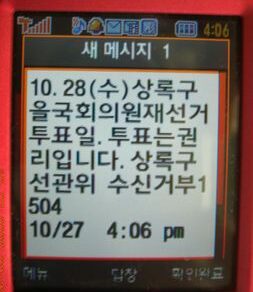Today's tip comes straight out of three recent projects I worked on and shows that a Korean translation into English (or vice-versa) could mean translating a "1" as a "3" or a "9" as a "1"…
Here's why…
1. Call 911!…. I mean, call 119!
If you call 911 in Korea, do you know who will answer?
Nobody… In an emergency, every Korean knows to call 119!
On a recent project, we translated "This hotline is not a 911 or emergency number" in English to "This hotline is not a 119 or emergency number" in Korean.
Had I not let the project manager know what was going on, she would have thought this was an error in our translation.
2. Lanes 3, 2 and 1…
When you're cruising down the highway in Korea (and assuming three lanes of traffic), the right lane is the first lane, the middle lane is the second lane and the left lane (the passing lane) is the third lane, right?
Nope.
Even though Koreans drive on the right side, they count the lanes from the left. So (assuming two lanes of traffic this time), the passing lane is the first lane and the right lane is the second lane…
This mattered on a recent traffic accident report I translated. To ensure the narrative made sense, I included a translator's note to explain.
3. "More than one" or "two or more"?
It's possible to directly translate "more than one" from English to Korean. But due to the way this is expressed colloquially in Korean, it's often more natural to translate it as "two or more". As explained in Tip #25, Korean frequently uses numerals even when English writes out numbers in word form. This means that even if the English was written out as "one or more", when you do a technical proof of the Korean, your eyes are likely to notice the "one" translated as a "2" and think it's a mistake.
Korean Translation Tip – Remember that proper localization in the translation process sometimes involves changing numbers in unexpected ways! Even if translations of numbers between Korean and English look wrong, they may be right. If in doubt, check with your translator.
BTW, I've covered numbers in several previous tips, too.



